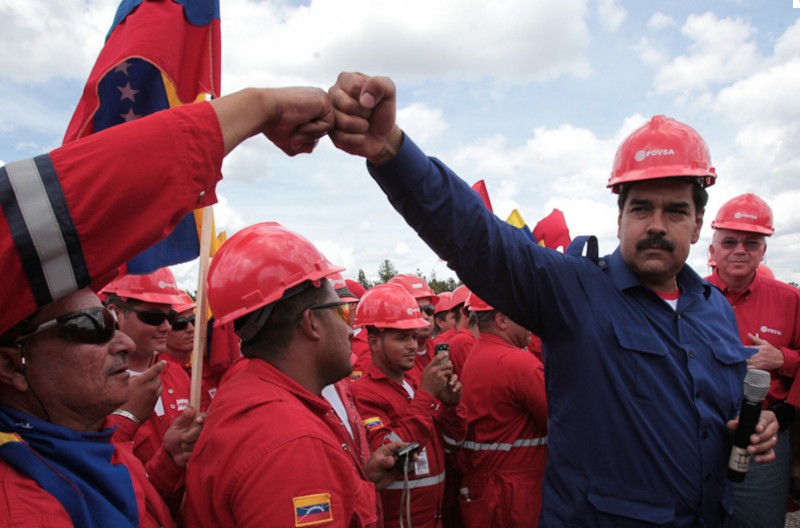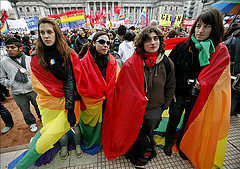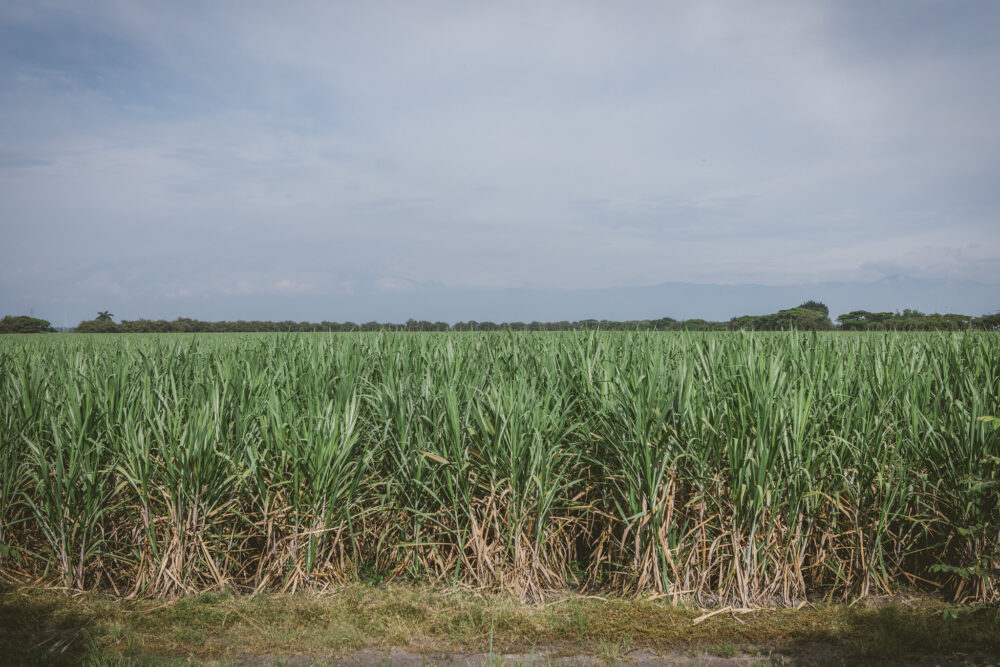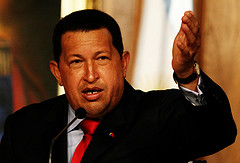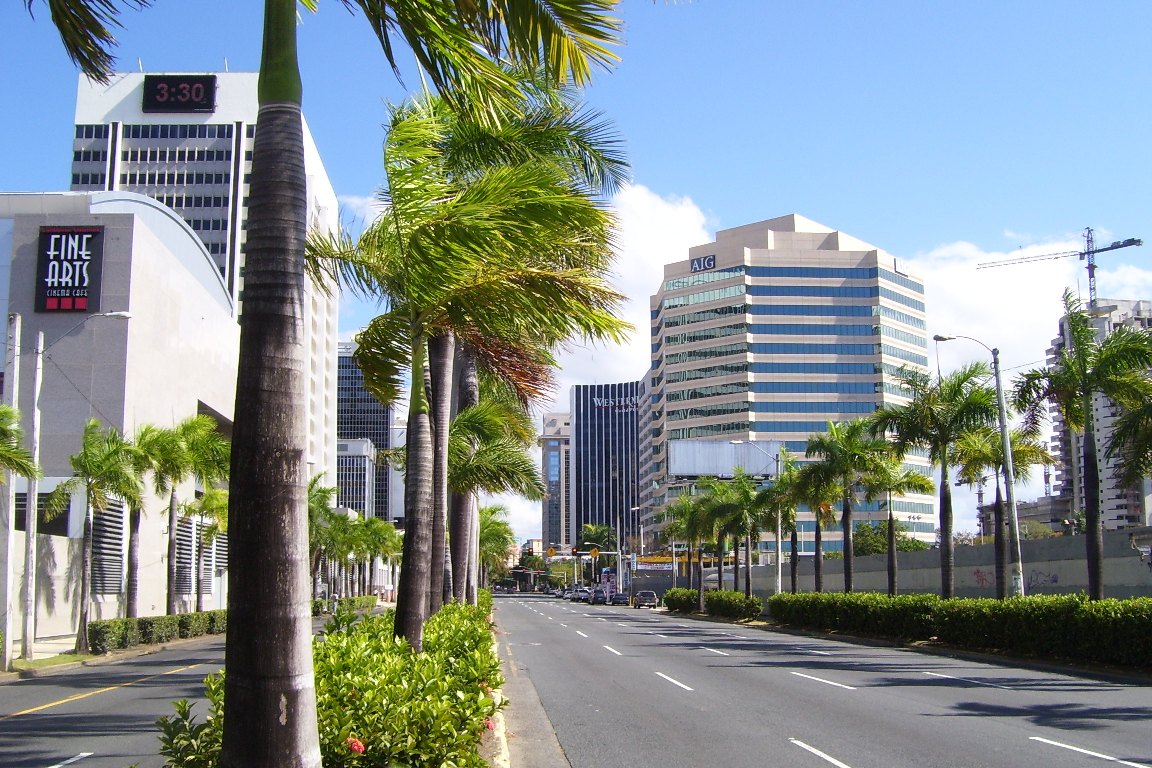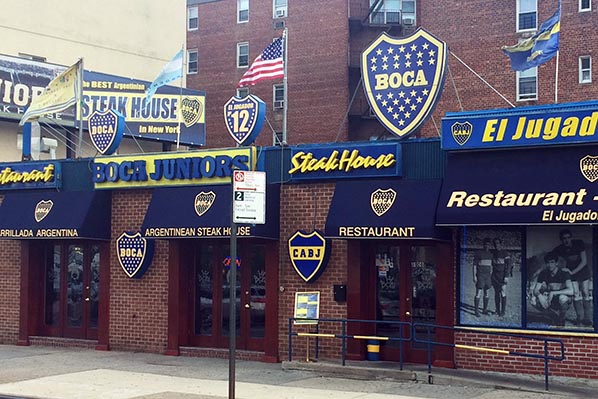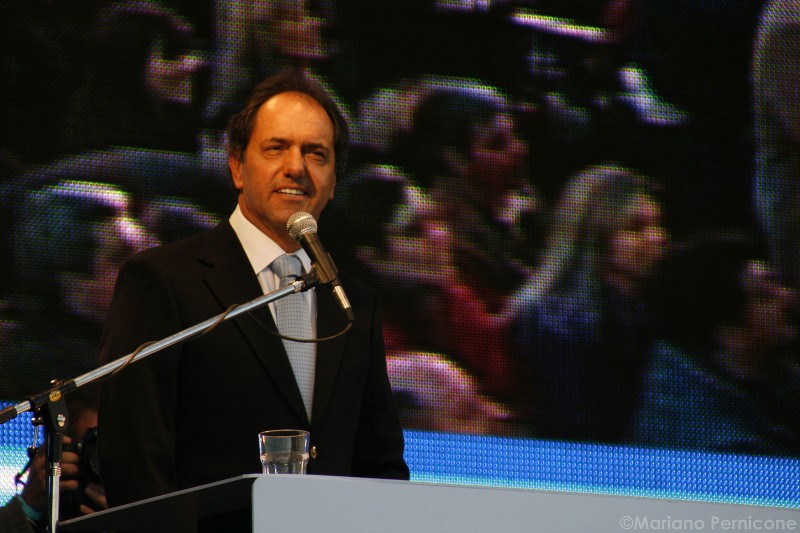
Argentina, Caribbean, Central America, Guatemala, Haiti, Latin America: Week in Review, Southern Cone
Three Presidential Elections Planned on Sunday in the Americas
October 23, 2015 By Staff
Top Story — Argentina, Guatemala and Haiti will hold presidential elections this weekend.
In Argentina, Daniel Scioli is favored, but he is not guaranteed to avoid a runoff at the polls on Sunday. The governor of Buenos Aires province, Scioli is also the anointed successor of President Cristina Fernández de Kirchner, described by Reuters as “a leftist… popular with the poor and working classes for her generous social welfare programs.”
The more conservative Mauricio Macri may force a second round of voting, the BBC reported, by capitalizing on concerns over inflation, devaluation and a tax on exports.
On Thursday, as candidates held their final rallies, Scioli announced that if elected he will push through a law to raise the minimum threshold at which Argentines pay income tax, a measure he said would affect half a million people, Reuters reported.
Guatemala’s election also has a clear favorite: the comedian Jimmy Morales, who won the election’s first round days after the resignation and arrest of President Otto Peréz Molina on corruption charges following months of protests over a massive graft scheme revealed by prosecutors and a U.N.-backed anti-corruption body.
The winner of Sunday’s second-round election will face strong demands for reform, The Associated Press reported; interim president Alejandro Maldonado told the AP that street protests will resume if major changes have not been made within a year.
Several Guatemalans told the AP they suspect that despite Morales’ perception as an outsider and his vow to root out corruption they are skeptical of the prospect for lasting change.
Morales, a political newcomer, enjoys a margin of more than 30 percentage points over Sandra Torres, who previously divorced ex-President Álvaro Colom in a failed attempt to skirt a constitutional restriction on spouses’ presidential bids.
An election in Haiti, also on Sunday, lacks a front-runner. Legislative elections will also be held on the day, for the first time since being postponed in 2011 and 2013, leaving the country with just ten sitting senators along with current President Michel Martelly, The Economist notes. Three candidates stand a solid chance of winning, but if none earns a majority a runoff will be held in December.
The eventual winner, if polling irregularities and violence do not force the appointment of a transitional government, will face myriad challenges, including low state revenues and a weak education system, according to The Economist.
Headlines from the Western Hemisphere
North America
- A state of emergency was in effect on Friday along much of Mexico’s Pacific coast ahead of the “potentially catastrophic” landfall of Hurricane Patricia, the strongest ever to hit the Western Hemisphere.
- Mexican police on Thursday said they discovered an elaborate drug tunnel connecting Tijuana with San Diego, suspected to belong to the Sinaloa Cartel of prison escapee Joaquín “El Chapo” Guzmán.
- Two years after Mexico introduced a tax on sugary drinks, the lower house of its congress approved a measure on Tuesday softening the tax, a decision that has since provoked claims that lawmakers bent under pressure from manufacturers.
Caribbean
- In Puerto Rico, 25 people have been charged with defrauding the National Guard, accused of using a recruitment program to illegally obtain bonuses.
- Puerto Rico’s main power utility won on Thursday a seven-day postponement to pay bondholders and restructure $8.3 billion in debt after a forbearance agreement between the energy provider and its creditors was set to expire on the day.
Central America
- El Salvador’s security minister has spoken out against the militarized “Iron Fist” anti-crime policy, arguing instead that education would be a more effective strategy to reduce endemic crime and violence levels.
- Despite U.S. proposals, officials in El Salvador have rejected a U.N.-backed international commission to combat corruption akin to the International Commission against Impunity in Guatemala (CICIG) which helped bring down Guatemala’s Otto Pérez Molina.
Andes
- Peru on Thursday brought drug trafficking charges against a military officer for the first time in at least ten years, in connection with a recent investigation by the AP into collusion by the air force with cocaine smugglers.
- Peruvian lawmakers passed legislation against President Ollanta Humala’s wishes Thursday, giving state-owned energy company Petroperu control over the country’s largest oil block.
- The president of Guyana said on Thursday that Venezuela has inflamed a border dispute between the two countries by sending a legal threat claiming territory used by the Canadian-run Guyana Goldfields mining project, one of Guyana’s largest infrastructure initiatives.
Southern Cone
- Indigenous groups protested in Palmas, Brazil at the inauguration of the world’s first “indigenous Olympics,” featuring participants from New Zealand and the Philippines, a joint U.N. and Brazilian effort with a $14 million price tag, money indigenous groups argue should go toward alleviating widespread poverty in their communities.
- Brazil’s lower house speaker Eduardo Cunha said that President Dilma Rousseff did not commit a crime by altering government accounts, which he says nullifies the basis for her impeachment, a major shift in his posture toward Rousseff that has come after Swiss prosecutors revealed that he hid millions of dollars in secret Swiss banks, which they think came from Petrobras bribes.
- A U.S. judge ruled on Thursday that holders of some $235 million in bonds affected by Argentina’s 2002 default were treated unequally compared to other creditors, a ruling opening the door to a debate over the status of some $8 billion in disputed payments.
